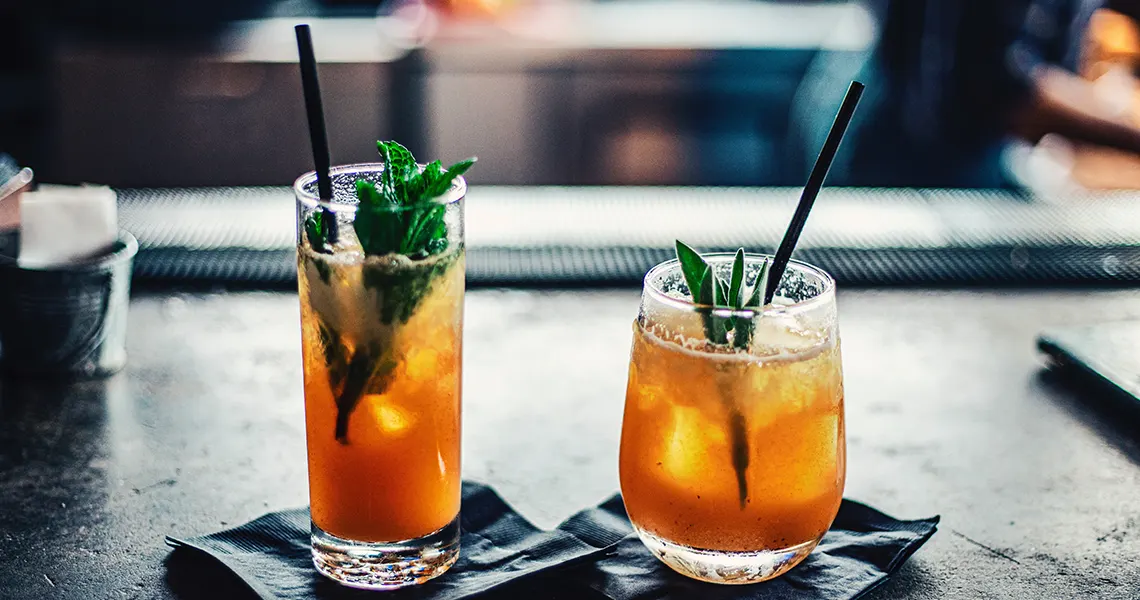
Cannabidiol, otherwise known as CBD, is a well-known naturally occurring chemical compound found in hemp plants and plant-based treatment options across the globe.
It is one of two primary active ingredients found in medicinal plant-based products, the other being delta-9-tetrahydrocannabinol, commonly referred to as THC.
The key difference between THC and CBD is that the former is psychoactive while the latter is not. This means that THC is responsible for the “high” commonly associated with these treatments. CBD has no such intoxicating effect.
A sudden and steadily expanding market for medicinal plant-based products has led to a wide variety of CBD-infused products such as oils, edibles, creams, tinctures, and more.
Plant-based treatments affect everyone differently, depending on a variety of factors such as the concentration of CBD and/or THC, the individual’s tolerance levels, their metabolism, among others.
There is little information on what happens when humans consume CBD and alcohol simultaneously, and researchers still do not have a full grasp on the effects of these substances mixing together.
The way our bodies take in and metabolise the naturally occurring chemical compound is complicated. This makes it difficult to make any definitive statements on what to expect if you mix it with alcohol.
CBD Versus Alcohol
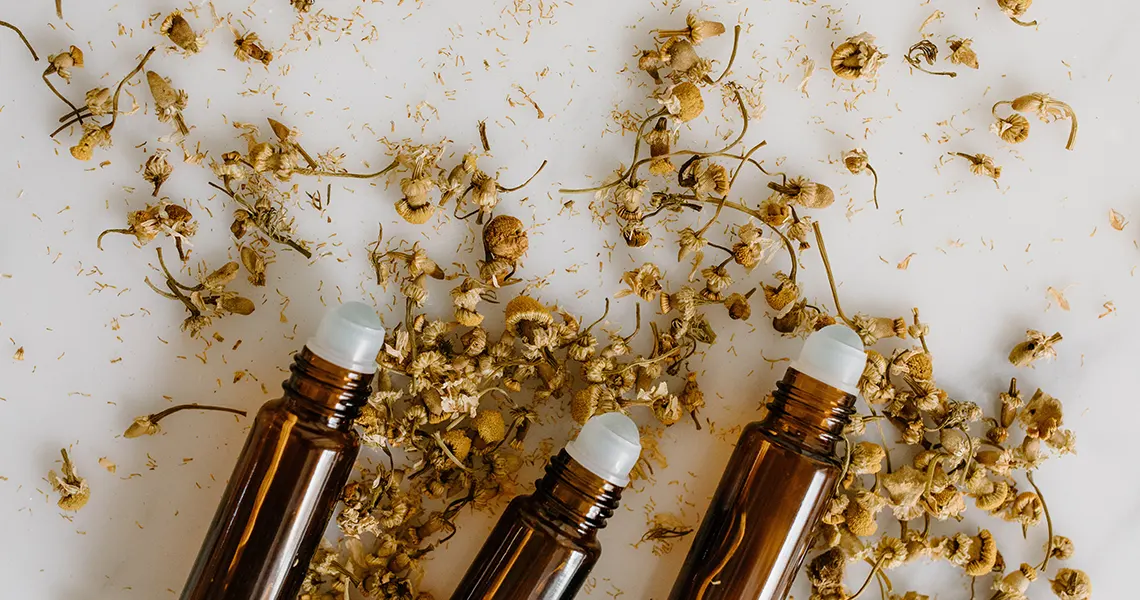
CBD and alcohol are vastly distinct from one another, and each affects the body in entirely different ways.
You may experience similar side effects to alcohol when consuming large doses of CBD, such as light-headedness, nausea, lethargy, and various other symptoms. These symptoms, however, are likely to be extremely mild in nature.
Claims that CBD may work therapeutically for alcoholism are largely unfounded and loosely based on animal studies and anecdotal evidence. Experts do not yet recommend CBD as a viable treatment option when it comes to addiction and dependence.
Scientists and academics have spent far more time researching the effects and risks of alcohol than they have on CBD; a result of years of prohibition and governmental limitations.
The notable differences between CBD and alcohol are as follows:

Alcohol
- Liquor enters the bloodstream rapidly and its effects can be felt within 5-10 minutes of consumption.
- Alcohol directly affects speech, judgement, movement, memory, and balance.
- Driving under the influence of alcohol is illegal and can lead to hefty fines and/or prison time.
- There is a high potential for dependence, addiction, and abuse of alcohol.
- Excessive use of alcohol can lead to chronic diseases and serious health problems.
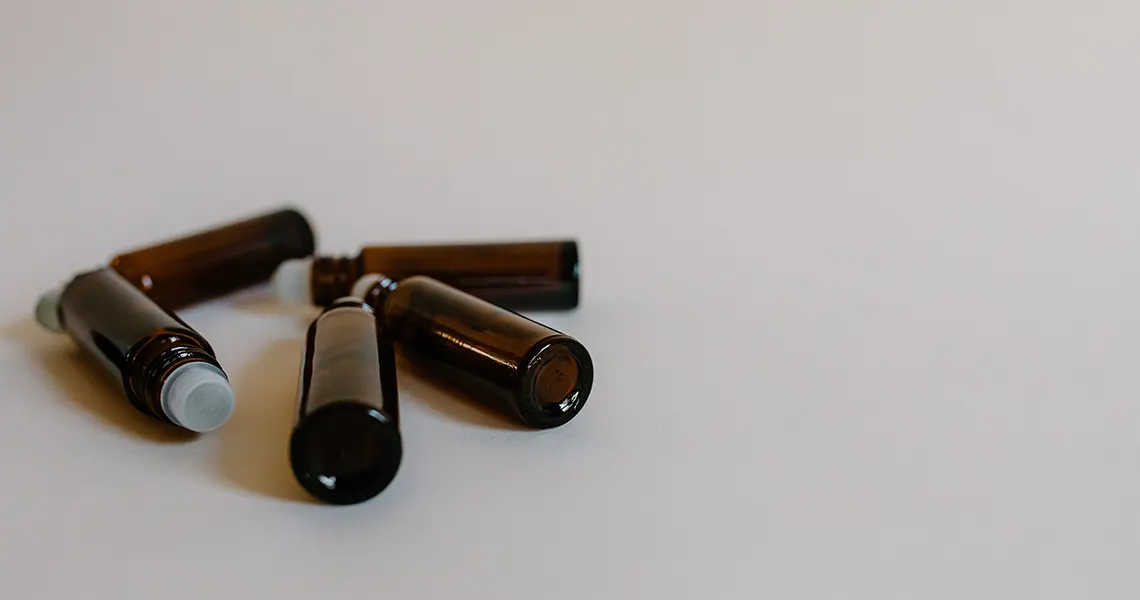
CBD
- The compound interacts with the body’s endocannabinoid system in a way that scientists are still researching.
- Unlike alcohol, it has no intoxicating properties and will not affect your judgement, speech, movement, or balance.
- Roadside drug tests are not concerned with CBD as a substance as it is non-psychoactive.
- It has a low risk of dependence, addiction, or abuse.
- Early evidence indicates that the plant-based treatment is well-tolerated and safe for human consumption.
Within the next decade, we are likely to have a much clearer understanding of the safety and effectiveness of medicinal plant-based products. Until then, we should approach these treatments with relative caution.
Can I take CBD while drinking?
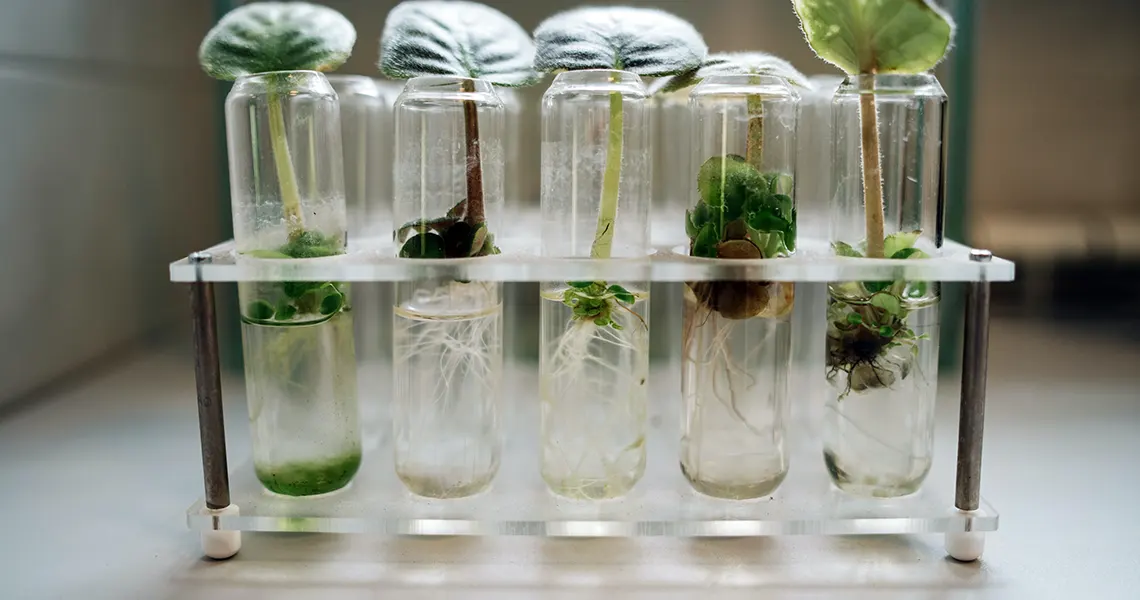
We do not have enough information on the relationship between CBD and alcohol to say anything with certainty. Experts, however, suggest that there are a few different variables to consider:
- The CBD dosage and amount of alcohol consumed.
- The concentration of THC in the product.
- The tolerance and frequency of use by the individual.
Despite the non-psychoactive nature of CBD, the lack of research has led doctors to advise against the use of CBD and alcohol concurrently.
Although trace amounts of THC are unlikely to make a difference, concentrations of more than three per cent may lead to a more adverse reaction to alcohol.
Your safest bet is to avoid the use of CBD with alcohol.
Is CBD legal in Australia?
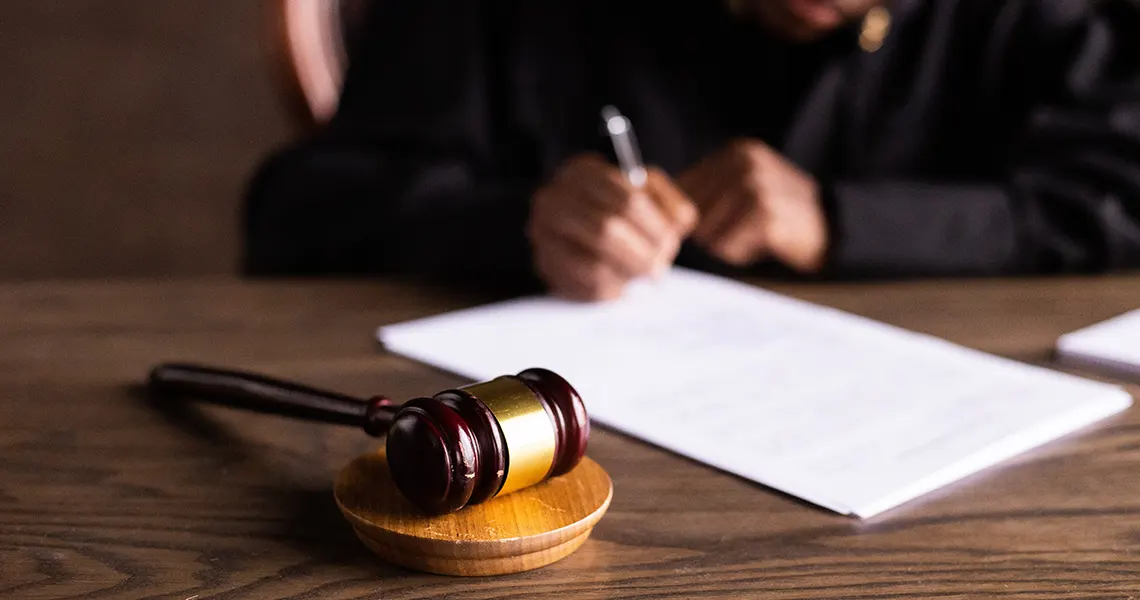
CBD-infused plant-based treatment options were legalised in 2016 for patients with a prescription from a qualified medical practitioner.
The unauthorised purchasing of plant-based treatments from places such as online stores and dealers is still illegal and may lead to hefty fines and/or imprisonment.
Legal CBD products can be accessed if a doctor believes it is the clinically appropriate option for the patient’s health. Plant-based treatments are only suitable when conventional medicine does not provide a patient with the desired relief.
Illegal products may contain unknown or harmful substances and should be avoided at all costs. A lack of regulation and third-party testing drastically reduces the safety standard of black-market products.
Always consult with a doctor who knows the circumstances of your health before using medicinal plant-based products. No treatment has one universal effect, so you should be sure to follow the guidance of a medical practitioner.
Summary
Experts never recommend consuming CBD and alcohol concurrently, as we do not have enough information on how they interact.
Existing data suggest that alcohol is far more dangerous than CBD, and the potential for abuse is much higher in cases involving liquor.
There is no strong evidence to support the use of plant-based treatments for alcohol addiction or dependence.
Some side effects of the plant-based treatments in large doses may be similar to feelings you experience while under the influence of liquor, such as drowsiness, lethargy, and nausea.
Most individuals, however, will not experience notable symptoms when using CBD in isolation, and the non-intoxicating effects will not impair their judgement.
For more information on the relationship between CBD and alcohol, speak to one of our qualified experts today.
